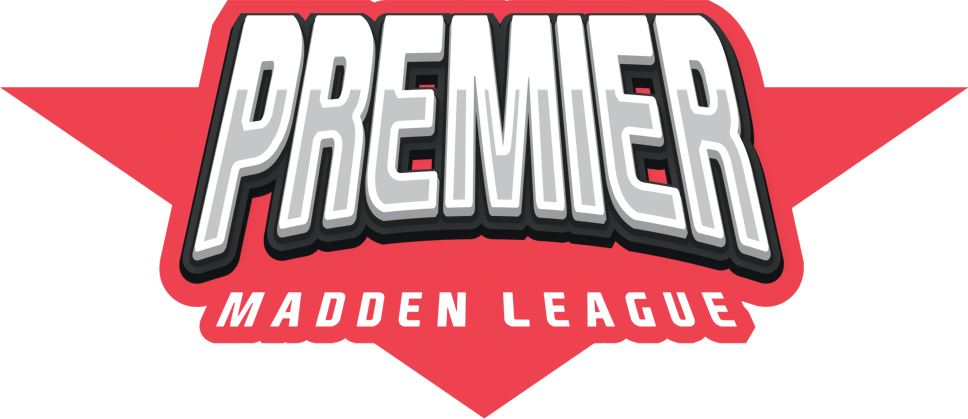Over your career, what makes a team better at not turning the ball over as the season goes along? What kind of things you need to emphasize? How much of it is coaching? How much of it is a mental part? Physical part?
Over the course of a season, minimizing turnovers comes down to a combination of coaching, mental focus, and physical execution. Coaching is where it starts—you’ve got to drill ball security every single day. It’s about fundamentals: how to carry the ball, how to protect it in traffic, how to secure it when you’re hit. For quarterbacks, it’s about decision-making, reading defenses, and knowing when to take a risk and when to throw it away. Coaches play a huge role in creating a culture where turnovers are unacceptable, and they have to reinforce that constantly.
But let’s not overlook the mental side. Turnovers often happen when players lose focus or try to do too much. It’s about staying disciplined, trusting the game plan, and not forcing plays that aren’t there. Mental toughness is key, especially in high-pressure moments. Physically, of course, it comes down to technique—things like high-and-tight ball handling for runners or keeping a strong base for quarterbacks in the pocket. But at this level, everyone’s talented. The teams that protect the ball best are the ones who can combine great coaching with players who are mentally locked in every play. It’s not just about avoiding mistakes—it’s about creating habits that make turnovers rare, no matter the situation.
Some would say this team has the toughest remaining schedule ahead. How do you prepare for such a difficult remaining schedule?
Having a tough schedule ahead is something we embrace—it’s part of what makes this league so competitive. When you’re facing top-tier opponents week in and week out, it forces you to stay sharp. There’s no room for complacency. The key to preparing for a schedule like this is to focus on one game at a time. You can’t get caught up looking too far ahead or worrying about what’s down the road. If you handle your business each week, the rest will take care of itself.
It’s also about building confidence in what we do. We’ve faced tough teams before, and we’ve proven we can hang with anyone. That experience gives us the mindset that no opponent is unbeatable. The focus is on controlling what we can control: executing our game plan, staying disciplined, and playing to our strengths. The way we see it, a tough schedule is an opportunity. It’s a chance to show what we’re made of and to test ourselves against the best. And let’s be honest—if you’re not excited about the challenge, you’re in the wrong league.
Are you seeing the speed of the game starting to slow down for some of the rookies?
Absolutely, you can see the game starting to slow down for a lot of our rookies. Early on, it’s always a bit overwhelming. The speed, the complexity, the sheer physicality of PML—it’s a big jump from college. But as the season goes on, you start to see the light bulb go on. They’re processing faster, reacting instead of thinking, and making plays that they might have hesitated on earlier in the year.
What’s really encouraging is the confidence they’re starting to play with. When a rookie starts to trust their preparation and instincts, that’s when you know they’re turning the corner. It’s not just about making the big play—it’s about consistently doing the little things right. And we’re seeing that from this group. The speed of the game isn’t something you adapt to overnight, but with the way these guys are developing, you can tell they’re getting more comfortable every week. It’s exciting to watch, and it’s a big reason why we’re confident in the direction this team is headed.


